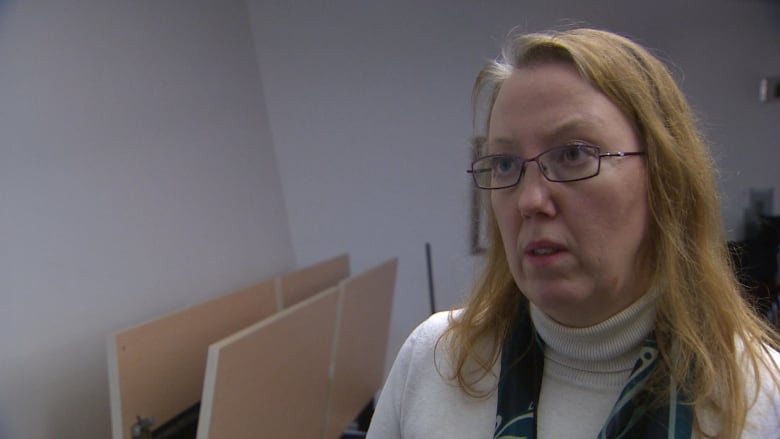Barriers remain for Surrey's growing Indigenous population: report
Many feel cut off from traditional lands, lack access to cultural events, report finds

Surrey's Indigenous population is one of the fastest growing in B.C., but many feel disconnected from their traditional lands and language, according to a new report from the Surrey Cares Community Foundation (SCCF).
The report found that only one per cent of the city's 13,000 Indigenous residents speak their traditional languages, while up to half feel disconnected from their territories. The population has grown by 76 per cent since 2001.
Findings from the report, titled First Peoples: Perspectives on Urban Belonging, are based on a series of survey research, Statistics Canada and census data, interviews, and data gathered from the municipality, local health authorities, and the school district.
According to Shirley Wilson, the project manager behind the report, much of the disconnect stems from a lack of cultural spaces and services within the city limits.
"Surrey is kind of sitting in a unique situation... [the city sits] on six traditional territories, but we only have one band office represented by one First nation," said Wilson, referring to the Semiahmoo First Nation.
"That means that our cultural resources in Surrey aren't as robust as they are in [neighbouring municipalities]."

Little cultural space
According to the report, a lack of cultural spaces, such as a longhouse or sweat lodge, in the municipality means many residents travel to Chilliwack, Tsawwassen or Vancouver to attend cultural events.
Wilson says it's hard for those who rely on public transit to attend gatherings outside the city.
"There are more programs and services available for First Nations with ... a similar population in Vancouver than there are here," said Wilson.
"First Peoples who live in Surrey who need transportation to attend an event outside of Surrey ... it should be accessible for them."
Strengthening communities
Wilson hopes the SCCF report can help guide the City of Surrey as it looks to strengthen its Indigenous communities.
The city is in the midst of implementing its Urban Indigenous Social Innovation Strategy — a comprehensive plan it hopes will improve health and economic conditions in the community. The strategy was developed partly in response to recommendations made by the Truth and Reconciliation Commission.
The city has also committed to 'Indigenize' pubic spaces, and provide more culturally sensitive housing options.
Semiahmoo First Nation councillor Joanne Charles says she welcomes the city's approach — but time is of the essence.
"Some of the local native housing units have a long waiting list, so that's troublesome for people with elders in care as our population ages," said Charles.
"There needs to be a more in-depth conversation," she added.